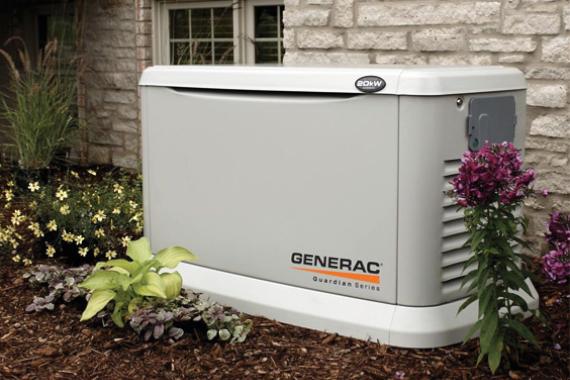When there is power blackout, generators can keep a home cool or warm, the kitchen cooking and phones and computers charging. Residential home generators sales usually spike during major storms which mean that most people buy them when the power is out. And most of these buyers randomly choose a generator that can serve the purpose and then have no clue on what to do with it once they get home and as a result most of them bypass recommended installation procedures. So how do you go about when thinking about a home generator?
Know Your Power Priorities
Generators are usually sold by wattage. How much voltage they put out not only determines how many appliances and lights you can run but also how well they can work. Chicago home generators and Safe Electrical Service provide typical wattage ratings for most devices and appliances to help you assess your power needs.
List what matters most. Some of the common essential appliances in numerous homes include the refrigerator, window air conditioner, portable heaters, computers, and lights. When going for a generator, reliability matters. Some models falter when the output is high while others overheat appliances. This is why going for a model that is effective with no flaws is important, models such as Generac.
Pick an Option
There are two kinds of generators; a stationery generator and a portable generator.
Stationery Generators
These generators usually cost more than the portable ones and require a professional in their installation. These generators have been designed in such a manner that they are able to start automatically when the power goes out and also run self-diagnosis and send alerts in case maintenance is required. Their output is approximately 5000-20000 watts.
Additionally, depending on your preference these generators can be fueled with propane or natural gas which makes them less risky as compared to those fueled by gasoline.
Portable Generators
These generators are less expensive and can also be fueled with either gas or propane. As the name suggests, they can be used anywhere off or on your property. These models have electric starting which makes them easy to handle since all you need is just a press on the start button. However, unlike stationery generators, portable generators give an output of 3,000-8,500 watts which is not much and hence you have to regulate how many appliances you can run at the same time.
After you have decided on which generator best suits your needs, the best thing to do is find a contractor to help you install. The good news is there are several reliable electrical professionals out there, contractors such as Safe Electrical Service and Chicago Home Generators. Don’t allow yourself to remain in the dark!

